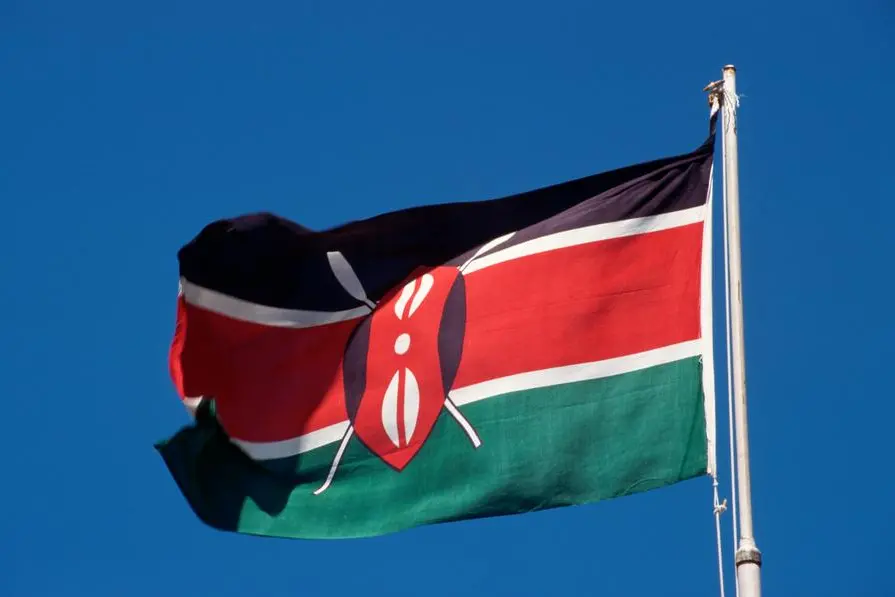PHOTO
Traders have protested Kenya's move to impose new levies on the sale of cereals, legumes, herbs and tubes, saying the move violates regional trade agreements.
The traders cited various East African Community (EAC) protocols and provisions of the Common Market for Eastern and Southern Africa (Comesa) bloc.
Shippers and clearing and forwarding agents in the country have urged the Agriculture and Food Authority (AFA) to reconsider the imposition of a 2 percent levy on the customs value of grain imports and a 0.3 percent levy on exports.
In the new policy, the Authority has imposed a similar levy on legumes, while roots and tubers will be subject to a 1 percent import levy on customs value and a 0.3 percent export levy.
The notification follows regulation 37 of The Crops (Food Crops) Regulations of 2019. The Authority says it was due to impose the levy from July 1, but delayed it until August 12.
According to the AFA, the levy will be paid directly to the Authority's agents at the point of entry or exit of the country, as the levies imposed will enable small food growers to compete favourably with imported produce.
Traders who fail to pay the levy will be charged 25 percent interest on the outstanding amount for the first month of default.
Agayo Ogambi, CEO of the Shippers Council of East Africa, said the levies will hamper business and are an additional burden on farmers.
Mr Ogambi said there was a need for further stakeholder engagement as the levies would definitely increase consumer prices of imported grain and introducing an export levy now would stifle the nascent recovery and undermine efforts by Kenyan farmers and exporters to regain lost ground.“The levies and more taxes on exports will make our products uncompetitive in East Africa and in Comesa as already Uganda and Tanzania are up in arms against the imposition of the levies,” said Mr Ogambi.“While AFA needs to raise revenues for the services provided, considerations must be made not to hurt consumers and also not to outprice our exports in the international markets.”The CEO said Kenya must take a decision to support its exports and reduce levies and charges as they are negatively affecting the import to export ratio, which has remained at 5 containers of imports to 1 container of exports.
Roy Mwanthi, the chairman of the Kenya International Freight & Warehousing Association (KIFWA), said rice importation has stopped since AFA imposed the levies on August 12 this year and it will affect households as the cost of rice is expected to increase.“We anticipate serious shortage of rice and wheat due to the levies and those who import will have to pass the cost to consumers. Currently, rice from East African countries that would ordinarily be free are subject to high levies and is stuck in different border pints,” said Mr Mwanthi.
Mr Mwanthi said the recent imposition of levies on imports and exports of all food crop products from Kenya is counterproductive and a huge non-tariff barrier to international trade in food crops.
The chairman said the imposition of higher taxes and levies on top of those already levied on basic food crops will lead to a reduction in the importation, resulting in high cost of such basic commodities.
This week, Tanzanian traders protested Kenya's move to impose a 2 percent levy on the customs value of cereals and pulses, which would have seen them paying an additional $153.923 (Ksh20,000) for a truckload of maize and $384.806 (Ksh50,000) for a truckload of rice on top of the fees they already pay to various government agencies such as the Kenya Revenue Authority (KRA), Kenya Plant Health Inspectorate Service (Kephis) and Kenya Bureau of Standards.
The fees include a $23,088 (Sh3,000) AFA permit to import grains and pulses, a $4,617 (Sh600) import permit fee and $57,721 (Sh7500) inspection fee to Kephis, $8.46 (Sh1,100) port health fee, $8.46 (Sh1,100) biosafety fee and $55.41 (Sh7,200) to Kebs for moisture and aflatoxin testing.
AFA Director-General Bruno Linyiru said the protest had forced the government to freeze levies on EAC traders for a month to allow the regulator to address concerns raised by those opposed to them.
Since 2022, the government has rolled back taxes on food imports to reduce the cost of essential commodities such as flour and rice. At the beginning of this year, Kenya imported food products such as wheat, rice, maize and sugar worth $172.393 million from Uganda, South Africa, European countries, India and the United States, according to AFA. © Copyright 2022 Nation Media Group. All Rights Reserved. Provided by SyndiGate Media Inc. (Syndigate.info).





















